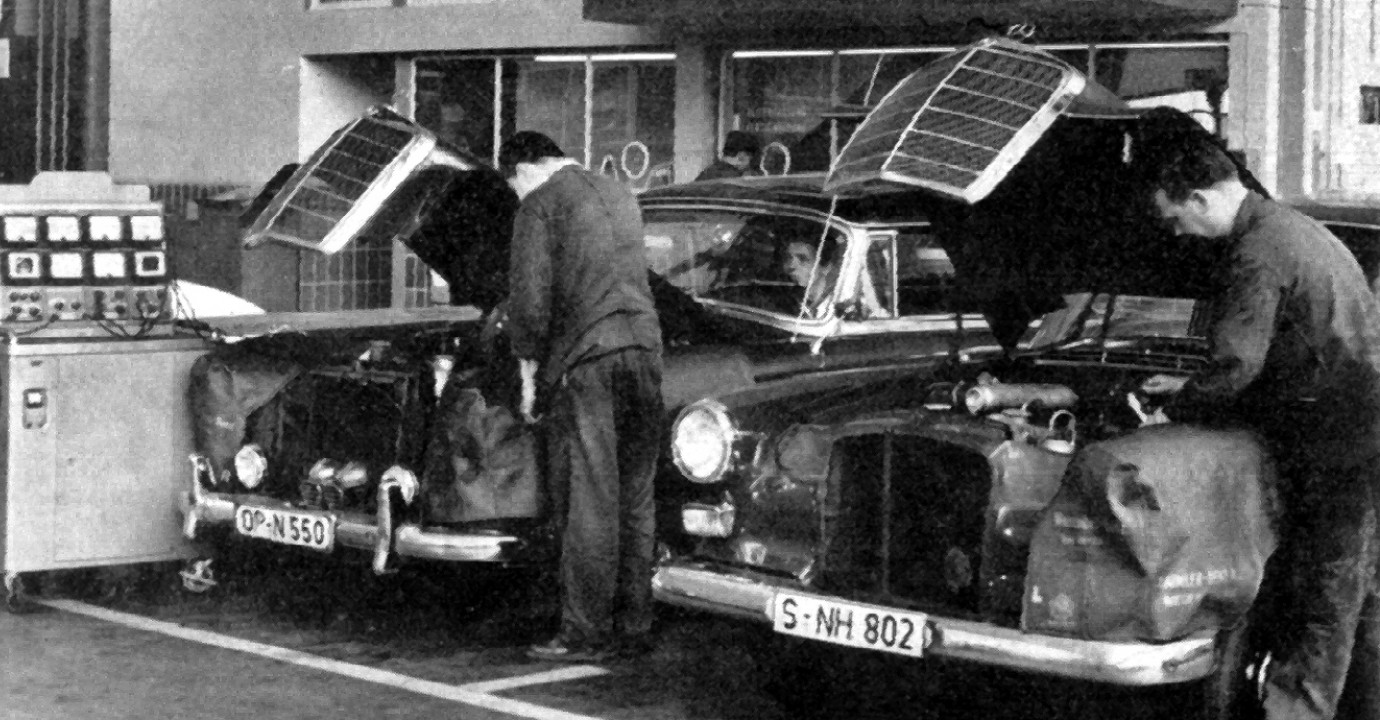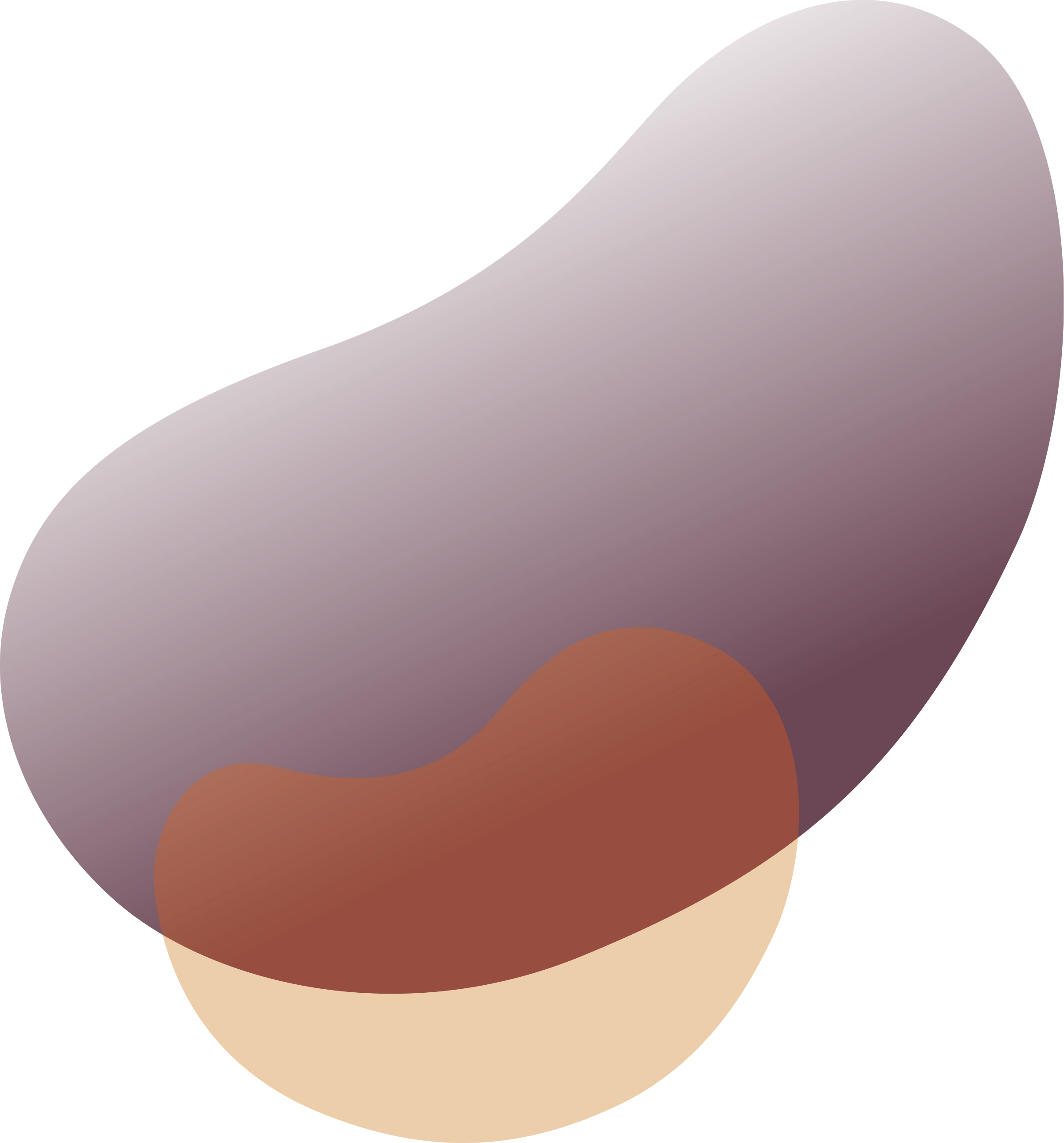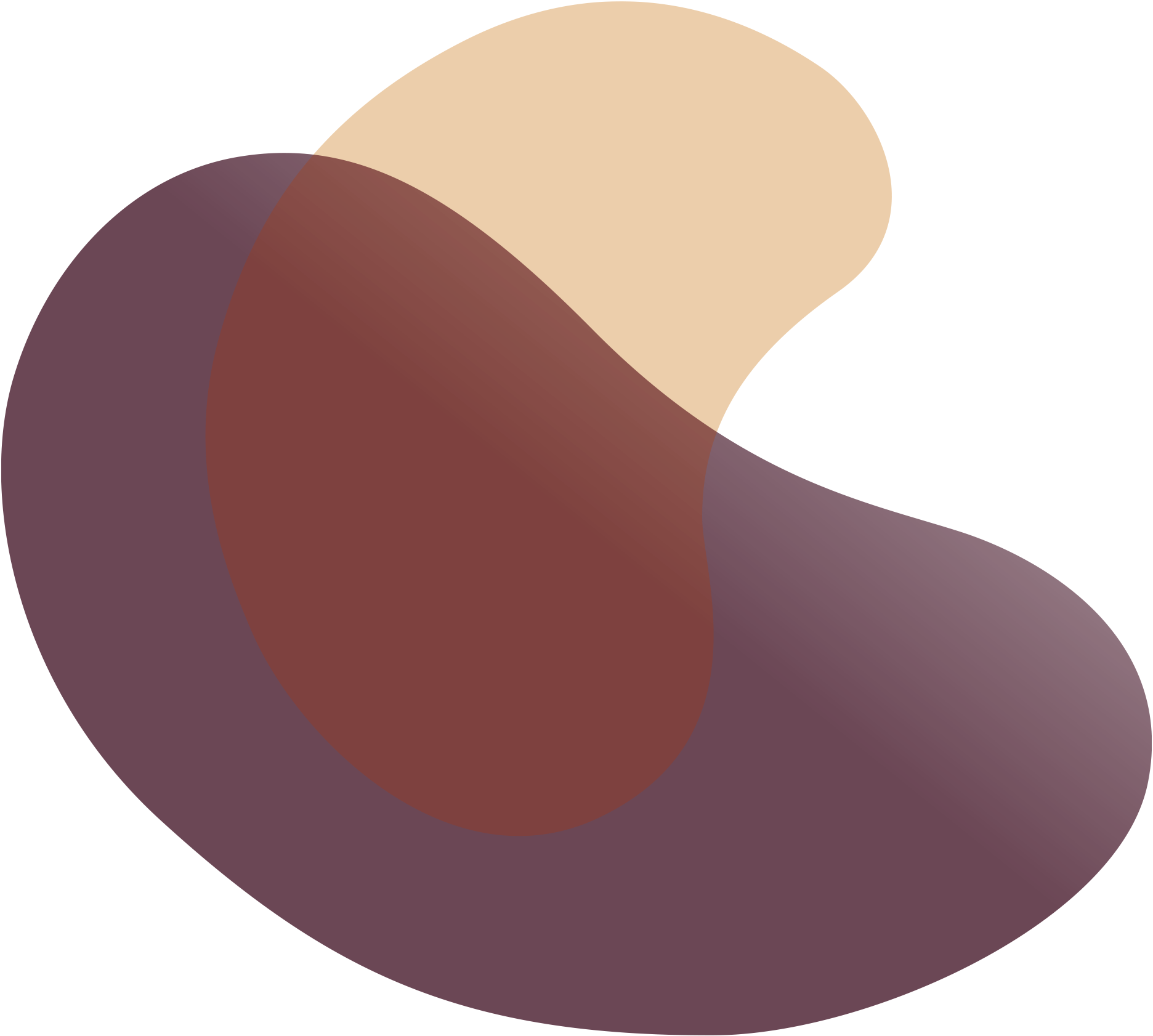PROJECT
Repairing Technology -
Fixing Society?

Maintenance and repair are undervalued, almost invisible aspects of modern societies. Consumer technologies in particular are rarely bought with an eye to their life spans or repairability. They are bought and used, and if they fail, break or become outdated they are replaced by new devices.
However, the emergence and growth of the repair café movement and similar initiatives show that some consumers feel increasingly uneasy with the throwaway practices of modern consumer societies. And in companies and large technical systems like electrical grids, repair and maintenance have always been, and still are, a recurrent practice, a vital means of literally keeping the lights on.
The REPAIR project, a three-year research project funded by the Luxembourg National Research Fund (FNR), investigates the history of repair and maintenance in Luxembourg in the short 20th century (c. 1920-1990). Mending and maintaining technical items are fundamental socio-cultural practices, which can tell us manifold stories about how our societies are structured, how they work and what needs to be maintained to ensure that they keep on “functioning”.
Three sub-projects focus on the Luxembourg telephone network, continuity and change in local repair opportunities for consumer technologies, and the emergence and impact of the environmental movement on repair practices.
Over the past fifteen years, maintenance and repair practices have gained increasing academic attention, but the literature in the fields of history and philosophy of technology, science and technology studies, sociology and anthropology of technology is still focused on invention and newness. Complementing recent calls for a history of technology-in-use (D. Edgerton), broken-world thinking (S. Jackson) and a history of technology “after innovation” (A. Russell & L. Vinsel), we are working on the first systematic historical investigation of repair and maintenance in a Western consumer society.
The aim of this website is to offer some insights into our research in a way that our papers and formal contributions to academia are not able to achieve. Here we will share news, announcements and smaller observations, reflect on our research process and connect the history of repair with current developments in Luxembourg and beyond.



